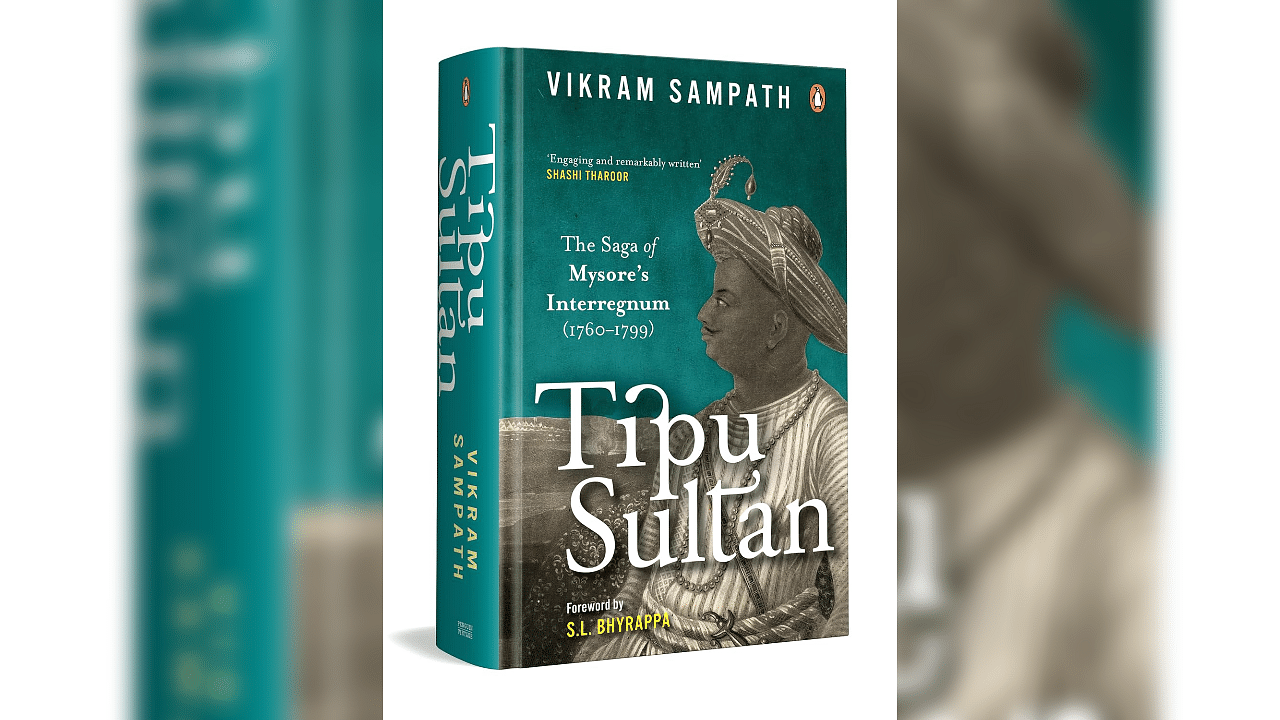
Tipu Sultan
Credit: Special arrangement
Over two centuries have passed since his death on 4 May 1799, yet Tipu Sultan’s contested legacy continues to perplex India and her contemporary politics. A fascinating and enigmatic figure in India’s military past, he remains a modern historian’s biggest puzzle as he simultaneously means different things to different people, depending on how one chooses to look at his life and its events.
While he was an astute administrator and a brave soldier, the strategic tact with opponents and the diplomatic balance that Haidar had sought to maintain with the Hindu majority were both dangerously upset by Tipu’s foolhardiness on matters of faith. The social report card of this 18th-century ruler was anything but clean. And yet, one simply cannot deny his position as a renowned military warrior and one of the most powerful rulers of Southern India.
Meticulously researched, authoritative and unputdownable, Tipu Sultan: The Saga of Mysore's Interregnum (1760–1799) opens a window to the life and times of one of the most debated figures from India’s history.
Vikram Sampath, a Bengaluru-based historian, is the author of ten acclaimed books. In 2021, Vikram was elected a fellow of the prestigious Royal Historical Society. He was awarded the Sahitya Akademi’s first Yuva Puraskar in English literature.